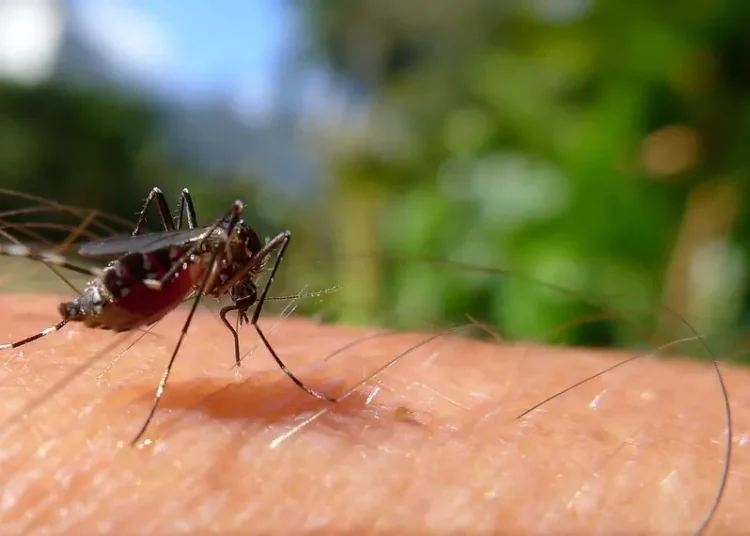The Nigeria Centre for Disease Control and Prevention (NCDC) has issued a public health advisory urging heightened vigilance against Chikungunya, a mosquito-borne viral disease, as global cases surge.
The advisory, signed by the director -general of NCDC, Dr. Jide Idris, noted that more than 240,000 cases and 90 deaths had been reported in at least 16 countries so far in 2025, with China alone recording nearly 5,000 cases since July, about 3,000 of them in Guangdong Province within a single week.
While no confirmed cases have been detected in Nigeria this year, the agency warned that environmental conditions in flood-affected and high-risk states could support the spread of Chikungunya and other mosquito-borne diseases such as Dengue and Yellow Fever.
Chikungunya is transmitted primarily by Aedes aegypti and Aedes albopictus mosquitoes, the same vectors responsible for Dengue and Yellow Fever, which bite mainly in the early morning and late afternoon.
According to Dr. Jide, the symptoms include sudden fever, severe joint and muscle pain, headache, fatigue, rash and nausea. Although rarely fatal, the disease can cause prolonged joint pain that severely affects quality of life, he added.
NCDC said its existing surveillance and laboratory network, in collaboration with state governments and the National Arbovirus and Vector Research Centre in Enugu, will be used to strengthen early detection and response capabilities.
The agency emphasised that it was working with stakeholders across the human, animal, environmental, and climate sectors under the One Health approach to boost preparedness.
“With increased global transmission, regional travel, and the current flooding situation, we must act decisively to prevent mosquito-borne illnesses,” NCDC said, stressing that community participation is key to safeguarding public health.











